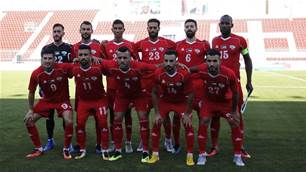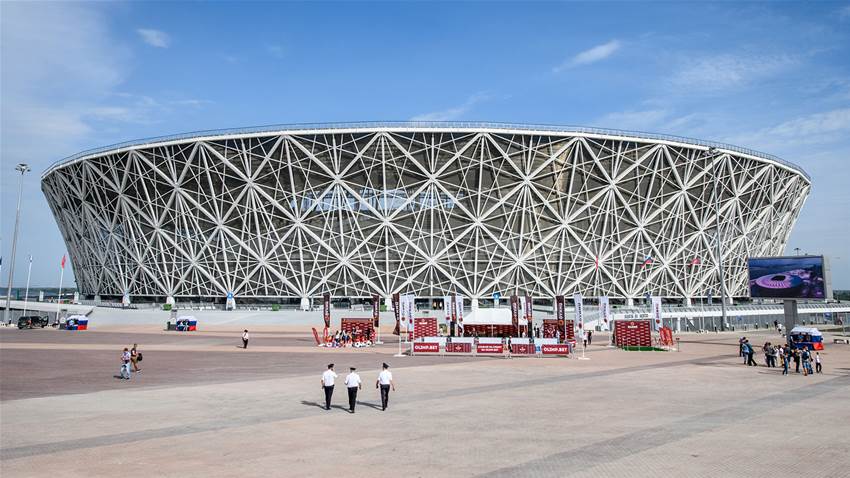MOSCOW, May 31 (Sputnik) - Russia will get only short-term economic benefits from hosting this summer's FIFA World Cup, the international rating agency Moody's said Thursday.
"Russia will only experience a short-lived economic benefit from hosting the 2018 FIFA World Cup tournament... Much of the economic impact has already been felt through infrastructure spending, and even there the impact has been limited. World Cup-related investments in 2013-17 accounted for only 1% of total investments," the agency said in a report.
According to Senior Vice President and analyst at Moody's Kristin Lindow, the agency did not expect the World Cup to contribute to broader economic growth.
"The games will last just one month and the associated economic stimulus will pale in comparison to the size of Russia's $1.3 trillion economy," Lindow said.
However, according to the report, the host cities benefited from the World Cup in terms of getting an improved transport and utility infrastructure, which will allow them to "generate additional tax revenue and decrease future capital spending."
Moody's also said that while food retailers, hotels and transport would also enjoy only a temporary increase in their revenues. Moscow airports would really benefit with the upgraded facilities and would see a higher passenger flows even after the tournament.
Russia's first-ever FIFA World Cup will take place from June 14 to July 15 in 11 host cities, Moscow, St. Petersburg, Kaliningrad, Volgograd, Kazan, Nizhny Novgorod, Samara, Saransk, Rostov-on-Don, Yekaterinburg, and Sochi.
Related Articles

French footballers fuelled by Argentinian provocation

Palestine inspired by fans ahead of Socceroos clash













